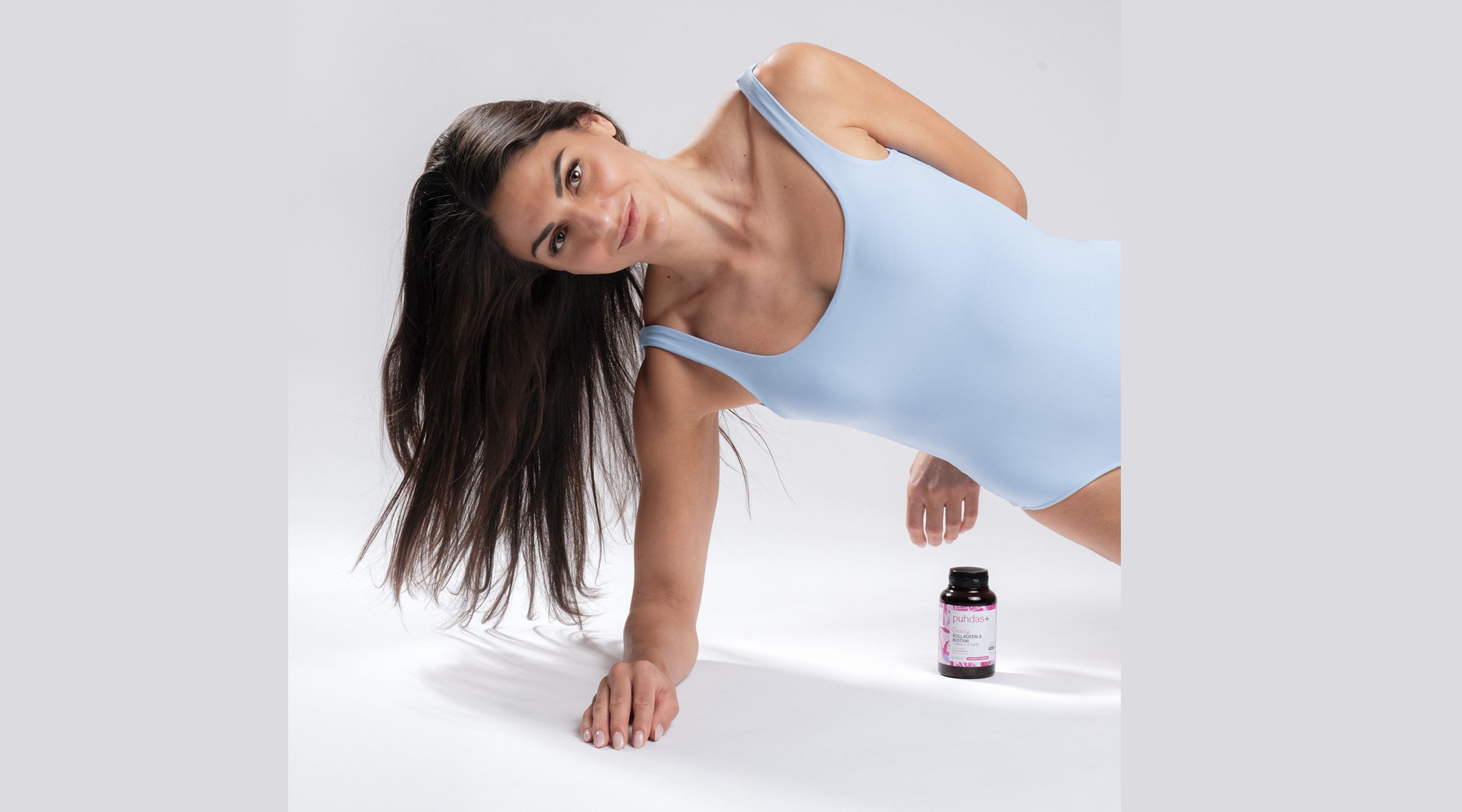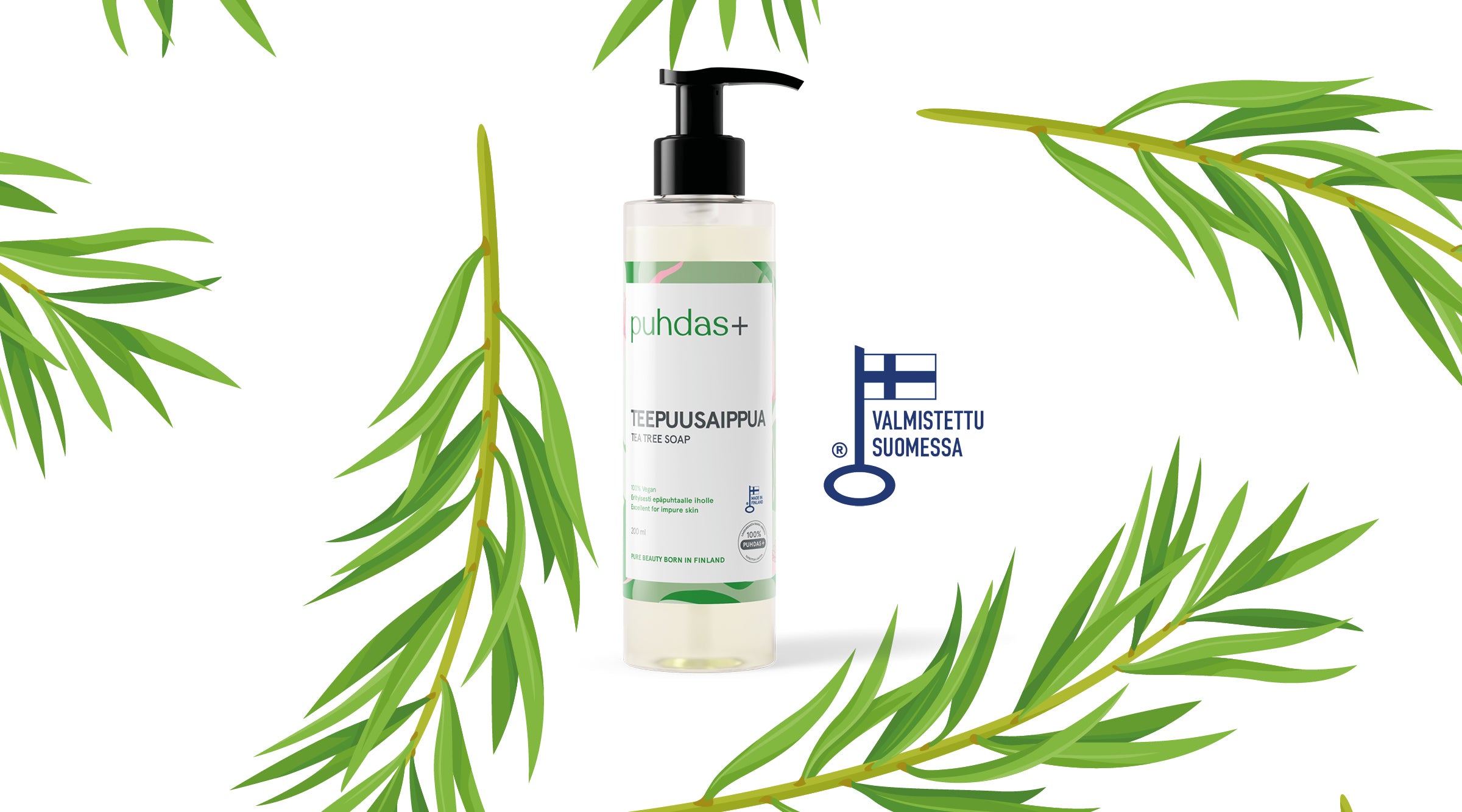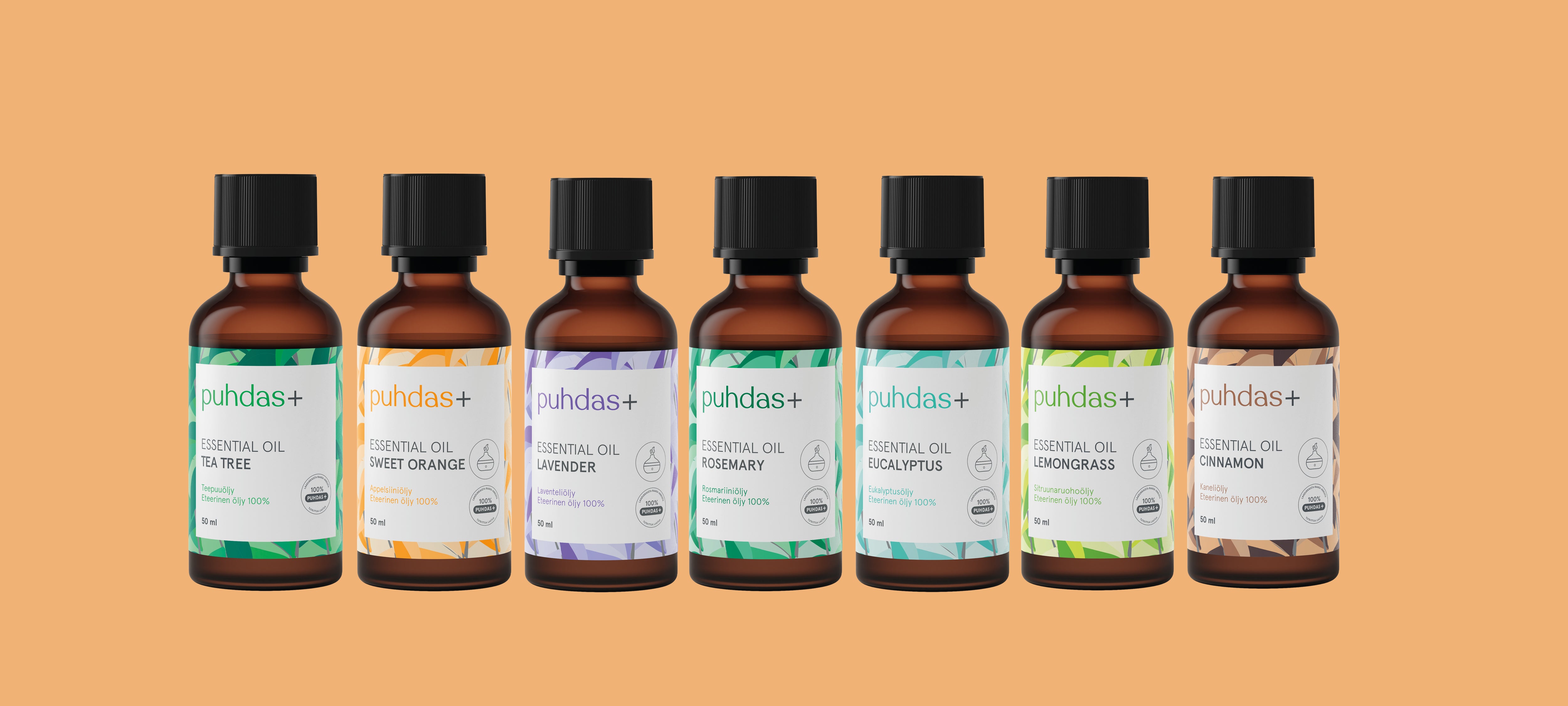A versatile vegetarian diet requires familiarity and special attention must be paid to the intake of some nutrients. In the Puhdas+ guest pen , Jeve Ojala has removed the unnecessary and tells the most essential ones.

Vitamin B12
Every vegan should use vitamin B12 as a dietary supplement, because vitamin B12 can only be obtained from animal products. On the other hand, vitamin B12 is abundant only in the internal organs, so even for those following a mixed diet, the use of vitamin B12 as a dietary supplement is recommended if there are nervous symptoms such as disturbances in the sense of touch and memory, muscle weakness or tingling and numbness in the extremities of the body. Vitamin B12 is poorly absorbed, so you can use it without worry, even if you exceed the intake recommendation. On the other hand, the absorbed vitamin B12 is very storable, so a shower, for example, every other day is enough to secure its need.
Vitamin D
Vitamin D is synthesized in our skin from the sun's UV radiation. However, in the Nordic countries, this vitamin D, which is synthesized from solar radiation, is rarely enough to secure intake recommendations even in the summer months, as it would require being in direct sunlight, preferably at noon for about an hour without a shirt. Reasonably good sources of vitamin D in a vegan diet include e.g. funnel cake and chanterelle. Fish such as whitefish and perch are good sources of vitamin D in a mixed diet. However, these should be eaten daily, which again is not recommended due to heavy metal residues. That's why a simple and safe way is to take your vitamin D daily from a jar. Vitamin D has many positive effects that improve calcium absorption, bone health, immunity, muscle growth and strength, among other things. The health effects of vitamin D are studied for many different diseases, and its intake recommendations vary rapidly. I personally recommend using at least 50 ug of vitamin D3 and I myself have been using vitamin D3 for years at 100 ug per day as a dietary supplement.
In the past, it was possible to get vitamin D from plants only in the D2 form, the problem of which is poor absorption. However, it is now possible to get better absorbed vitamin D3 also in plant form.

Calcium
In a vegan diet and a trendy dairy-free diet, it may become necessary to use a calcium supplement in order to reach the calcium intake recommendation of 800 mg daily. However, the use of a vitamin D supplement improves the absorption of calcium from the small intestine, so it is not necessary to exceed the intake recommendation. Calcium participates in the body, e.g. for the regulation of enzyme reactions, nervous system function and muscle contractions, in addition to being an important bone building material. Calcium is obtained in a vegetarian diet, e.g. from kale, broccoli and almonds.
Zinc
Zinc can be found in a vegan diet e.g. of quorn and pumpkin seeds. Zinc is rather poorly absorbed and its absorption is further weakened by the phytates contained in whole grains, legumes and nuts. Therefore, zinc should be consumed as a dietary supplement in addition to a vegan diet and preferably also a mixed diet. Zinc improves the condition of the skin, hair and nails, as well as testosterone levels, if zinc intake has been insufficient in the past. It would be good to use about 30 mg of zinc daily as a dietary supplement.
Omega-3/EPA&DHA
Many top nutritionists consider omega-3 fatty acids to be one of the most important nutritional supplements because of its many health benefits. Good sources of omega-3 fatty acids are e.g. rapeseed oil, linseed oil and salmon for picky eaters. However, for example, rapeseed oil has twice as many omega-6 fatty acids as omega-3 fatty acids, so the abundant use of omega-3 fatty acids or EPA and DHA alone would be recommended to make a diet rich in omega-6 fatty acids more balanced. . I recommend using omega-3 fatty acids approx. 10g per day or 1000mg EPA and 500mg DHA daily. Omega3 fatty acids are also available in vegan versions.
Other nutritional supplements
Of other nutritional supplements, at least for vegans who do sports, creatine, additional protein, amino acids and carbohydrate supplements may be needed. Creatine from food can only be obtained from muscle, so vegans need to take creatine as a dietary supplement if they want to improve their performance in speed sports. As an additional protein, a vegan should use a combination of at least two different products from different protein supplements (e.g. soy, pea, hemp, rice) to guarantee a complete amino acid profile and good absorption. For lacto-ovovegetarians, I definitely recommend whey protein isolate as a source of additional protein. Various amino acid supplements such as BCAA, EAA and leucine may also come in handy for high lifters. However, it is important to remember that the daily total intake of proteins means more than getting fit. Also, some kind of carbohydrate supplement may be needed for a vegan who does hard sports, for example to drink during exercise. In my recovery drink, I also use vitamin C and magnesium citrate.
Jeve Ojala is a 27-year-old sports biology student and a classical bodybuilding (CBB) competitor. In CBB, he has twice won the junior Finnish championship and the European championship, as well as SM silver and PM bronze in the general series.




